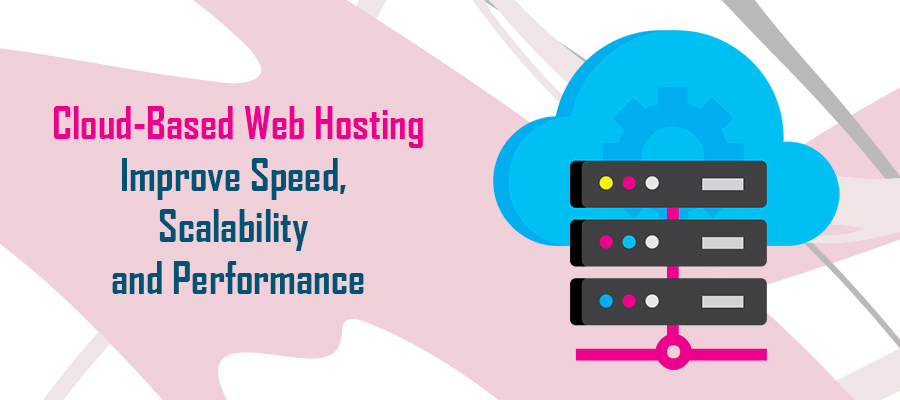 Throughout the past several years, the digital sky of the internet has become cloudy. No, this isn’t a sign of thunderstorms, but rather, the advent of technological advancements. The cloud we speak of isn’t an actual cloud at all, but rather, the manifestation of virtualization.
Throughout the past several years, the digital sky of the internet has become cloudy. No, this isn’t a sign of thunderstorms, but rather, the advent of technological advancements. The cloud we speak of isn’t an actual cloud at all, but rather, the manifestation of virtualization.
Cloud-based technology is swiftly overtaking the world, and for good reason. Unlike traditional physical servers, which are limited in resource and availability, cloud-based servers are virtually limitless with resources, scalability and performance.
In fact, some of the most well-known digital brands utilize cloud hosting to support their dynamic applications and infrastructures. While this technology is often used for SaaS (Software as a Service) applications, it’s quickly becoming the leading choice among entrepreneurs and corporations looking for exceptionally fast and stable website hosting.
If you’re interested in taking your website to the next level, maybe it’s time to put away the sunglasses and step into the shade of innovation with cloud web hosting providers.
Understanding the Virtual World – What is Cloud Web Hosting?
Essentially, cloud website hosting is a solution that calls upon the resources from a select cluster of physical web servers. This intricate network of servers work together to provide resources for virtual environments, such as your website. By doing so, your website has access to limitless capabilities as the traditional boundaries of web servers aren’t applicable for cloud hosts.
The Features of Cloud Web Hosting
Unlike traditional shared hosting plans and dedicated physical servers, cloud web hosting delivers exceptional flexibility that’s as unique as your website. Perhaps the most notable feature of cloud hosting is its influence on website performance and speed.
Due to the unique specifications of the cloud, you’ve never experienced such speed and performance as you would with this solution. While exact features vary based upon hosting provider, the majority of cloud web hosts offer intuitive caching, which means your site loads exponentially faster due to optimized caching.
Another noteworthy feature responsible for dynamic responsiveness is its mirroring feature. The cloud automatically mirrors copies of your site to multiple servers within its cluster. This means your site is not only delivered to end-users at speeds you’ve never dreamed possible, but it prevents outages as these mirrored copies may be delivered should one cluster experience an outage.
Perhaps the most unique feature of hosting your website on the cloud is its resource allocation and management solution. Because your site has access to the resources from an entire cluster of servers, speed and performance is leveraged based upon realtime activity.
This ultimately results in a website that’s optimized regardless of traffic and infrastructure alterations. While you may think accessing this level of hosting power is incredibly expensive, most cloud web hosting providers charge the same as a traditional shared hosting plan. This means, for an average of $10 per month, your website can access the powerful performance and unprecedented reliability that’s typically reserved for dedicated servers or VPS solutions.


